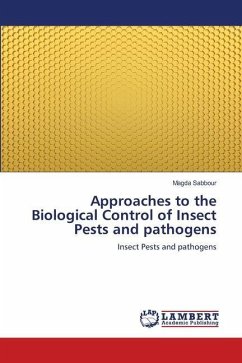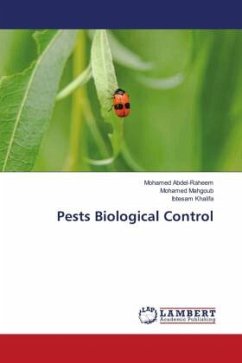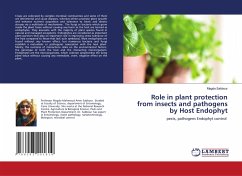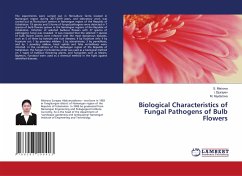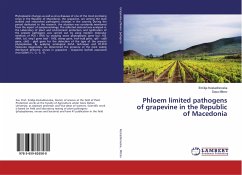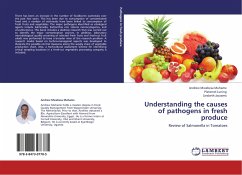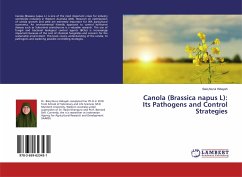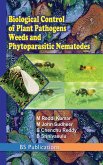Pests are those species that attack some resource we human beings want to protect, and do it successfully enough to become either economically important or just a major annoyance. They are only a tiny fraction of the insect species around us. Even many of the species we would recognize as important pests only occasionally do significant damage to us or our resources.Natural enemies play an important role in limiting the densities of potential pests. This has been demonstrated repeatedly when pesticides have devastated the natural enemies of potential pests. Insects which were previously of little economic importance often become damaging pests when released from the control of their natural enemies. Conversely, when a non-toxic method is found to control a key pest, the reduced use of pesticides and increased survival of natural enemies frequently reduces the numbers and damage of formerly important secondary pest species.The three categories of natural enemies of insect pests are: predators, parasitoids, and pathogens.Predators: Many different kinds of predators feed on insects. Insects are an important part of the diet of many vertebrates.
Bitte wählen Sie Ihr Anliegen aus.
Rechnungen
Retourenschein anfordern
Bestellstatus
Storno

